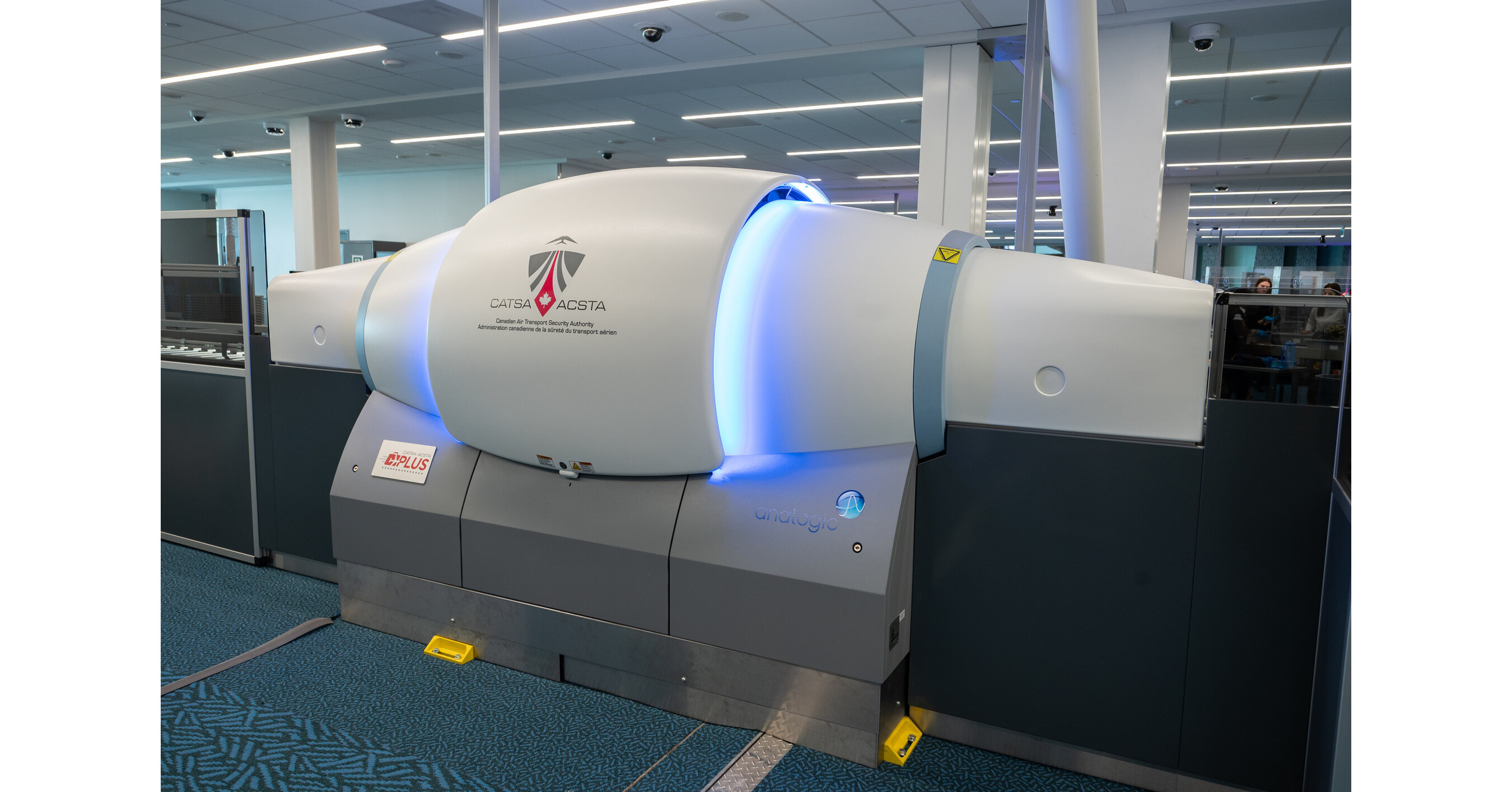CT technology utilizes advanced three-dimensional rotatable images enhancing screening officers’ ability to detect explosives and other threat items. For air travellers, it means that permitted liquids, aerosols and gels (less than 100 mL each), medical devices and large electronics can remain in their carry-on baggage when being screened.
The first complete installation of CATSA’s new CT technology is at the new ABC security screening checkpoint located at Vancouver International Airport. CATSA and the Airport Authority have worked in close collaboration on this significant undertaking.
Additional CT equipment installments are planned at other airports beginning in the fall of 2024 and continuing over the course of several years. Collaborating with each of the airport authorities is pivotal to the success of this national deployment. This CT innovation is made possible with their ongoing support.
Working with its third-party screening contractors and air travel partners, CATSA is committed to delivering effective security screening and service excellence throughout the national rollout of CT technology and beyond.
Quotes
“We’re focused on implementing state-of-the-art solutions that contribute to an enhanced screening experience while ensuring the highest levels of security. While the deployment of this technology spans over several years, we’re excited about the positive change it will bring to the overall passenger experience.”
Nada Semaan
CATSA President and Chief Executive Officer
“It’s great to see this innovative use of technology in action. This will make security screening more effective and improve the passenger experience for Canadians and tourists in our airports across Canada.”
The Honourable Pablo Rodriguez, Minister of Transport
“I am excited to introduce our newly renovated domestic checkpoint showcasing advanced security screening equipment – a first in Canada. With this innovative system, you can now move through security effortlessly—no need to remove liquids, aerosols, gels, or large electronics from your carry-on bags—while maintaining the highest security standards. Our $30 million investment has expanded and modernized this space with the traveller in mind and reflects our commitment to blending functionality with a unique sense of place.”
Tamara Vrooman
President and CEO at Vancouver International Airport (YVR)
Quick facts
- Established on April 1, 2002, CATSA is a Crown corporation fully funded by parliamentary appropriations and is accountable to Parliament through the Minister of Transport Canada.
- CATSA is responsible for the delivery of four mandated activities:
- Pre-board screening: The screening of passengers, their carry-on baggage and their belongings prior to their entry to the secure area of an air terminal building.
- Hold baggage screening: The screening of passengers’ checked baggage for prohibited items, such as explosives, prior to it being loaded onto an aircraft.
- Non-passenger screening: The screening of non-passengers and their belongings, including vehicles, entering restricted areas of the aerodrome at the highest risk airports. Non-passengers include CATSA personnel, screening officers, flight and cabin crews, airline customer service personnel, baggage handlers, vendors and other airport employees.
- Restricted area identity card (RAIC): The system uses iris and fingerprint biometric identifiers to allow non-passengers access to the restricted areas of airports. The final authority that determines access to the restricted areas of an airport is the airport authority.
SOURCE Canadian Air Transport Security Authority (CATSA)
Contacts: Media Relations, Canadian Air Transport Security Authority, [email protected]

